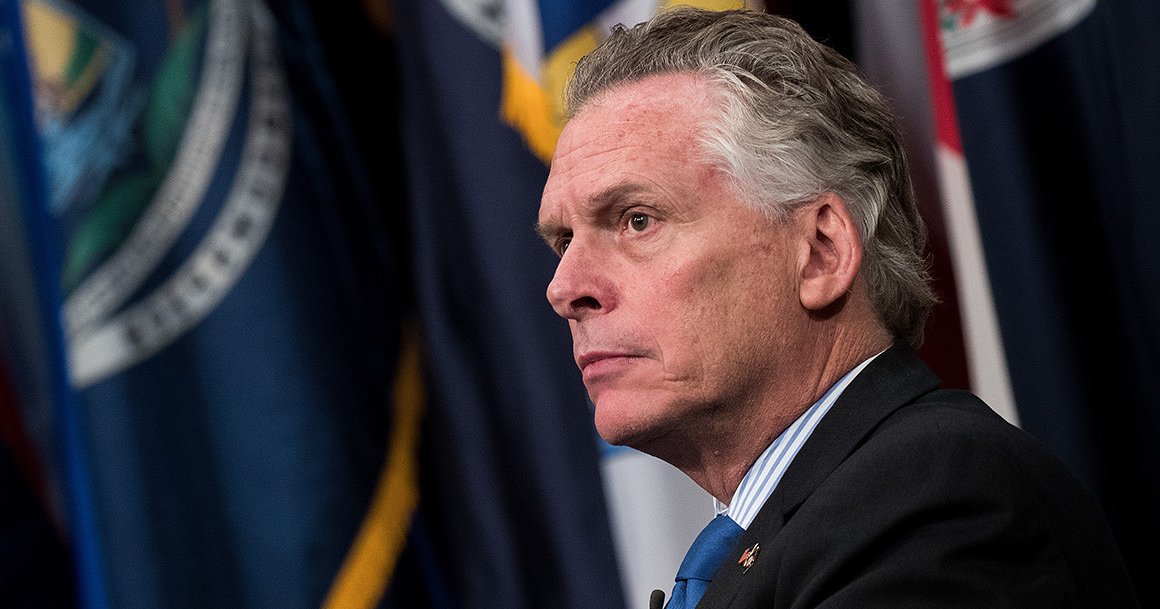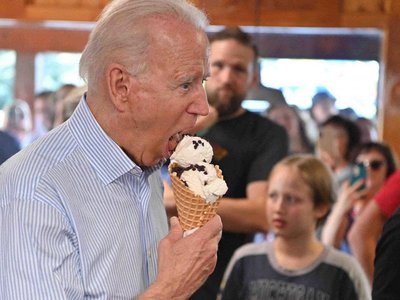Terry McAuliffe is telling friends he'll announce plans to again run for governor of Virginia in the coming weeks.
Why it matters: This could spark a divisive primary with younger, more diverse candidates and serve as a bellwether for 2024 races — including the next presidential election.
Details: Virginia holds its gubernatorial election a year after the presidential race, and its outcome can preview where the Democratic Party is heading and how it's viewed by Americans nationally.
- This 2021 contest could expose deep divisions since it is expected to draw candidates from across the racial, gender and ideological spectrum.
- It also may mirror the brewing battle between centrists and progressives in what had been a swing state but in recent cycles has become bluer.
The big picture: Other candidates already include two female members of the state legislature — Delegate Jennifer Carroll Foy and Sen. Jennifer McClellan — and Lt. Gov. Justin Fairfax, who is African American. McAuliffe, as governor from 2014 to 2018, cast himself as a pro-business, job-creating Clinton Democrat.
- He also made inroads with progressives by pushing for women's access to reproductive health, gun control and voting rights for former felons.
- His PAC is flush with cash, having raised some $1.7 million as of this summer, and he counts nearly half of the Virginia Legislative Black Caucus as supporters.
Between the lines: McAuliffe had been discussed as a possible ambassador or commerce secretary in the Biden administration, but he's made it clear the job he loves the most is being Virginia's governor.
- Virginia law limits governors to a four-year term, but it also lets them run again after being out of office for four years.
- McAuliffe passed on running for president in 2020, but if he won the governor's race, he could be primed to run for president in 2024.
Terry McAuliffe Plans To Run For Governor of Virginia Again
Terry McAuliffe is telling friends he'll announce plans to again run for governor of Virginia in the coming weeks.







